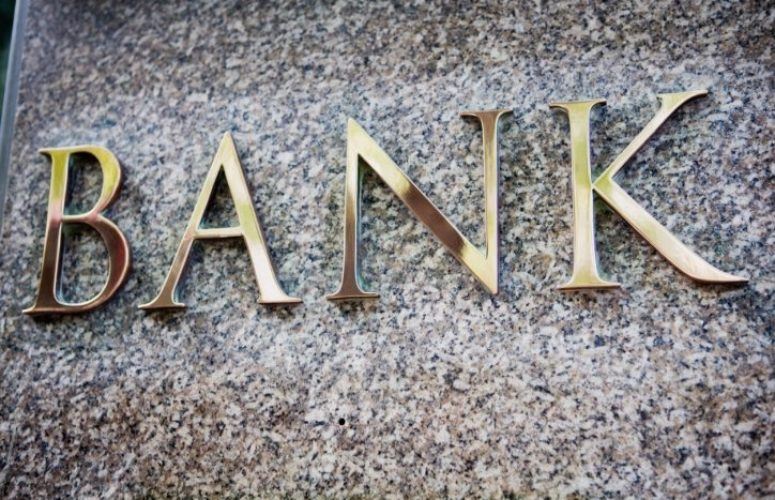
Commercial Banking and Savings Institutions Impact on NJ’s Economy
On Mar 19, 2019The New Jersey Bankers Association and the Edward J. Bloustein School of Planning and Public Policy, Rutgers, release the results of a study on the impact that New Jersey’s banking industry has on the state’s economy. The Economic Impact Assessment (EIA) also shows the contributions that the industry provides to the communities they serve through interviews conducted with NJBankers members. The resulting report details the size of this impact.
The study was conducted under the direction of Dr. James W. Hughes, University Professor/Dean Emeritus of the Bloustein School, Will Irving, Research Associate, also of the Bloustein School and Michael Lahr, Research Professor.
Among the study’s findings, commercial banks and savings institutions:
- Directly employ nearly 48,000 people in New Jersey, and indirectly support over 141,000 additional jobs through their expenditures;
- Generate over $14 billion in compensation annually in association with the 189,000 supported jobs;
- Generate an estimated $22.4 billion in GDP in New Jersey annually through their activities and the economic ripple effects of their operations;
- Generate approximately $726 million in state taxes and $598 million in local taxes annually in New Jersey.
- Each $1 million in total expenditures made by the industry is estimated to generate:
- 7 direct and indirect jobs
- $748,331 in compensation
- $37,100 in state tax revenues
- $30,563 in local tax revenues
- Employment and wage growth in New Jersey’s commercial banks has been strong relative to the nation in recent years;
- Bank tellers earn an average hourly wage of approximately $15.21 – 72% higher than New Jersey’s current minimum wage of $8 .85;
- Strong average and total industry wage growth in New Jersey may be indicative of a shift in the industry’s occupational structure away from lower-paying traditional retail banking jobs toward higher-paying financial and information technology
The data clearly supports how banks are an important part of New Jersey’s economy helping to drive growth and prosperity.
According to Dr. Hughes, “The banking industry is a major locomotive for New Jersey’s economy”.
Irving added, “In addition to its lending activity, the banking industry in New Jersey makes a significant contribution to the state’s economy via its ongoing business operations, with its high average salaries and other operating expenditures generating sizable direct and indirect economic impacts in the state.”
NJBankers President and CEO John E. McWeeney, Jr., stated that “The results of the study validate what we already knew, that is that New Jersey’s banks are major direct contributors to the success of New Jersey’s economy. When you add to that the significant level of economic activity driven by bank lending and the extensive support banks provide through charitable giving, sponsorships and volunteerism, New Jersey’s banks play a critical role in the state’s success.”
To access more business news, visit NJB News Now.
Related Articles:





